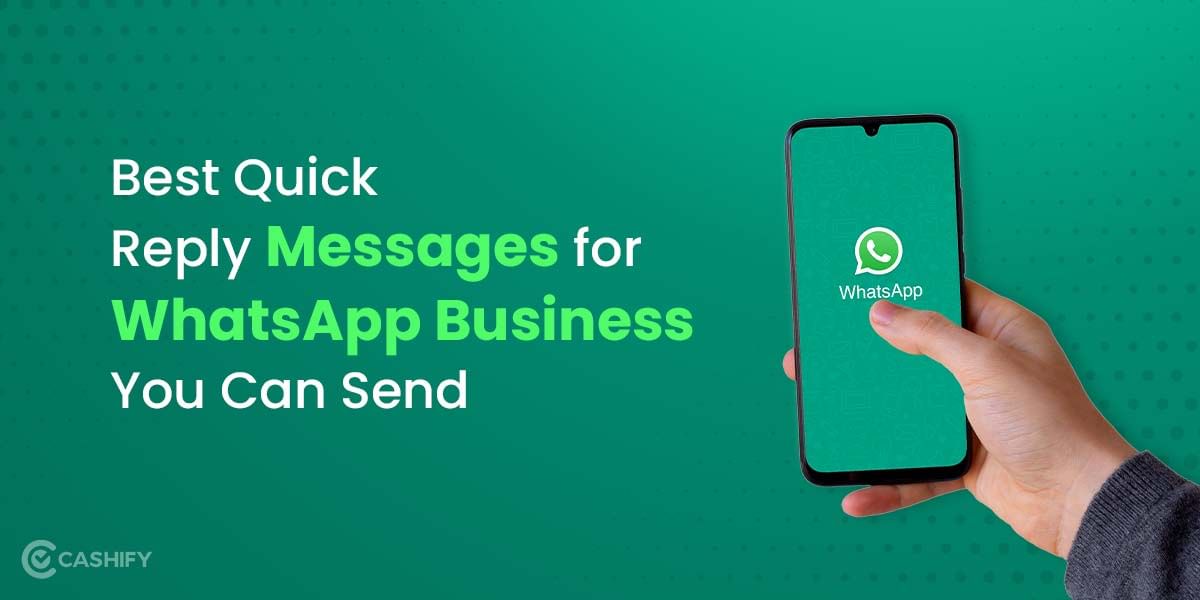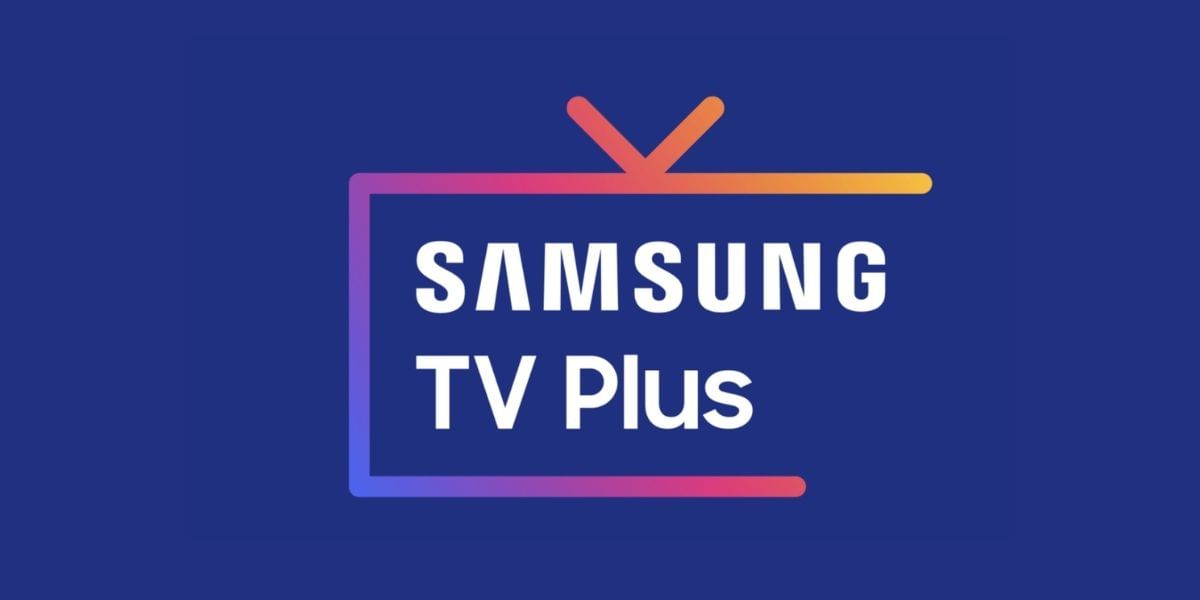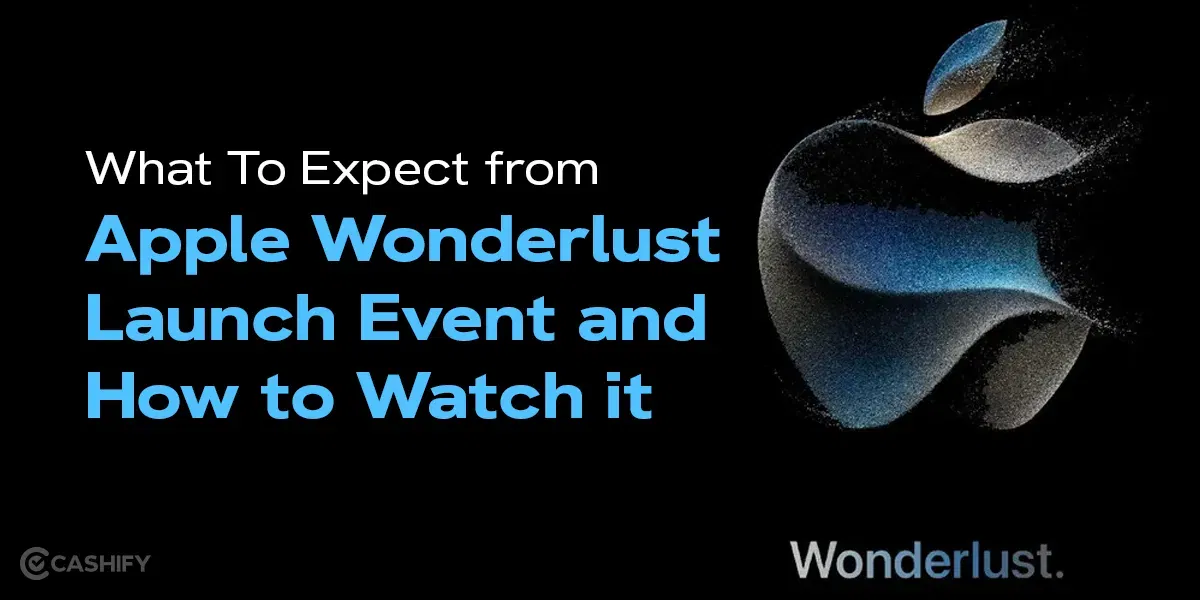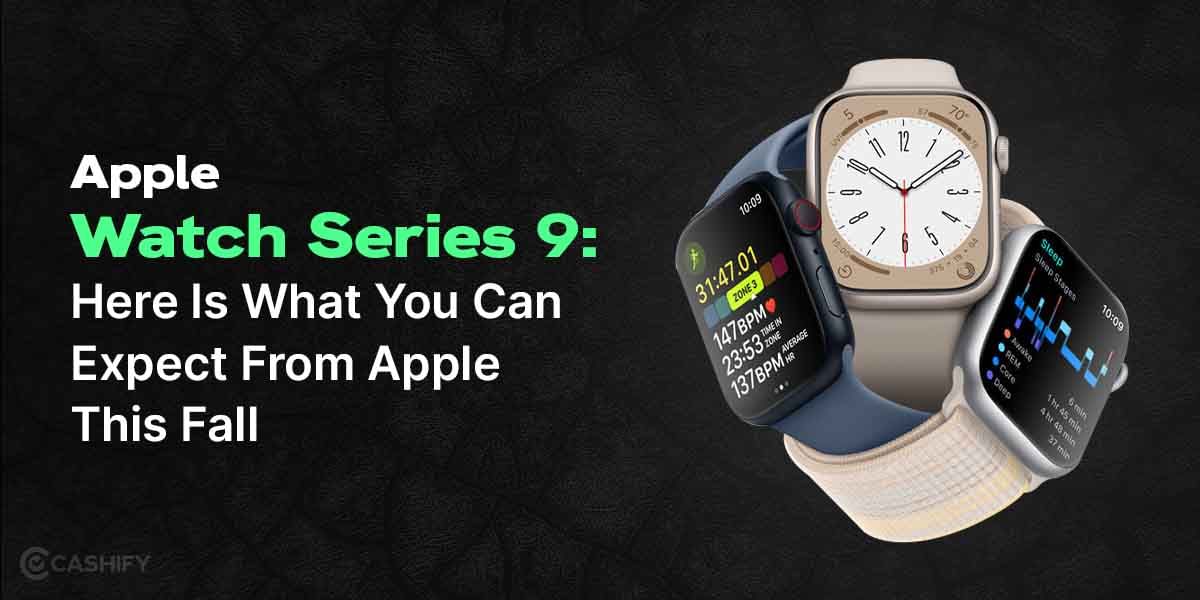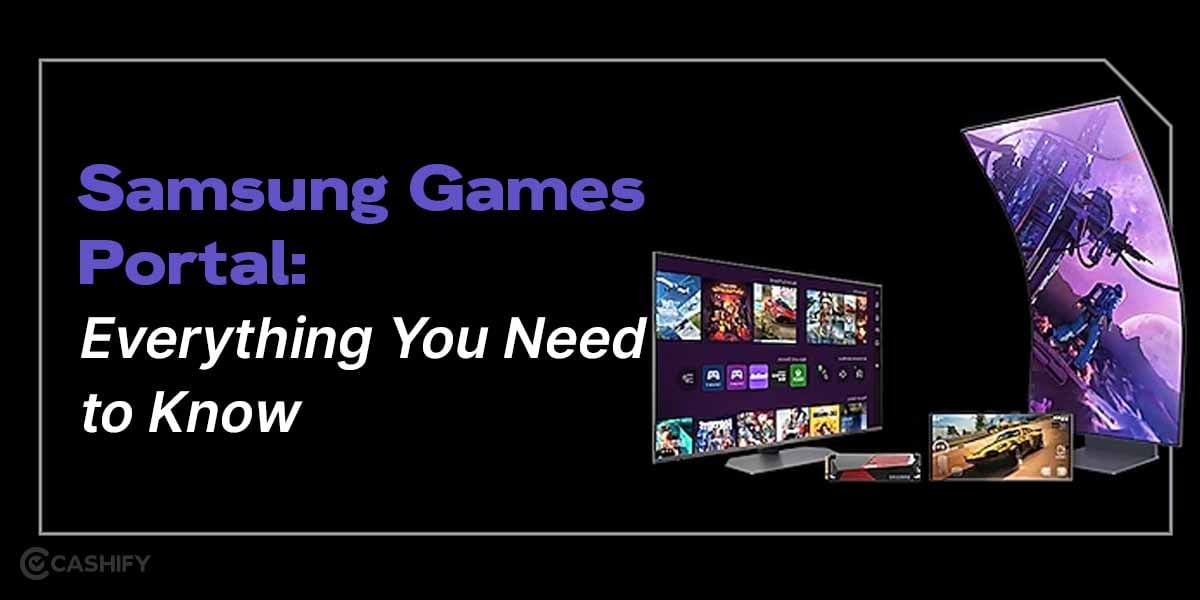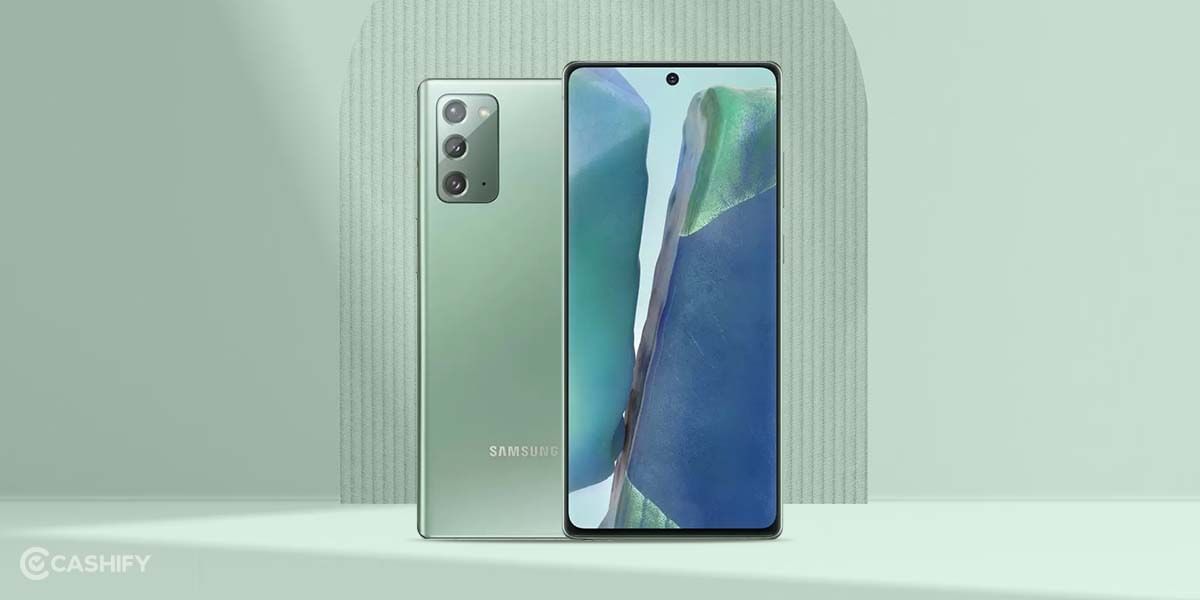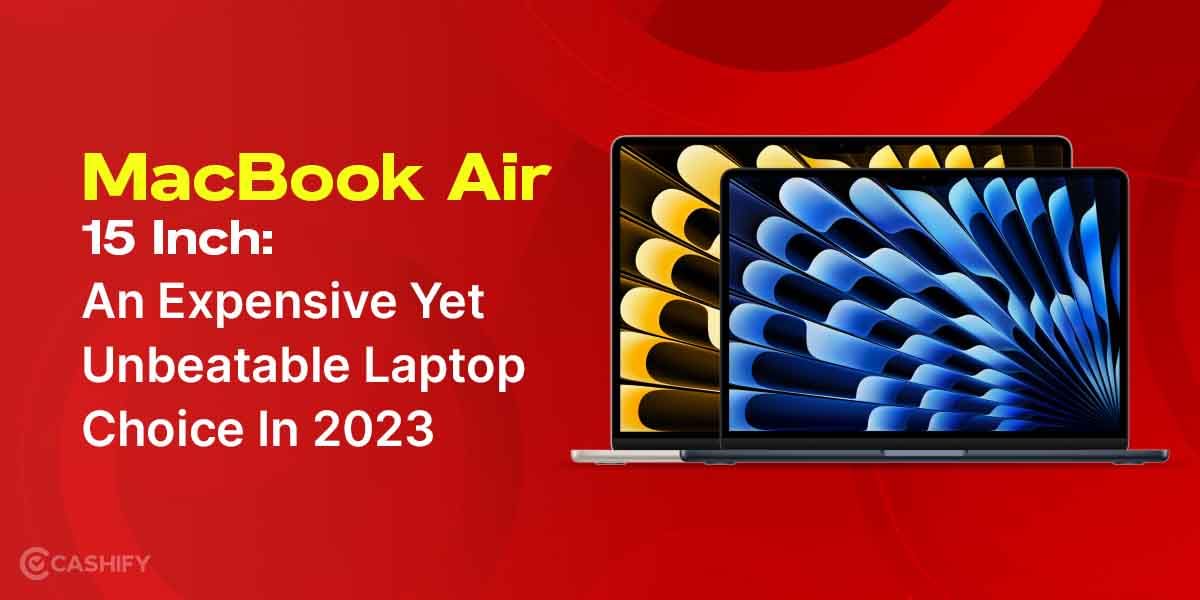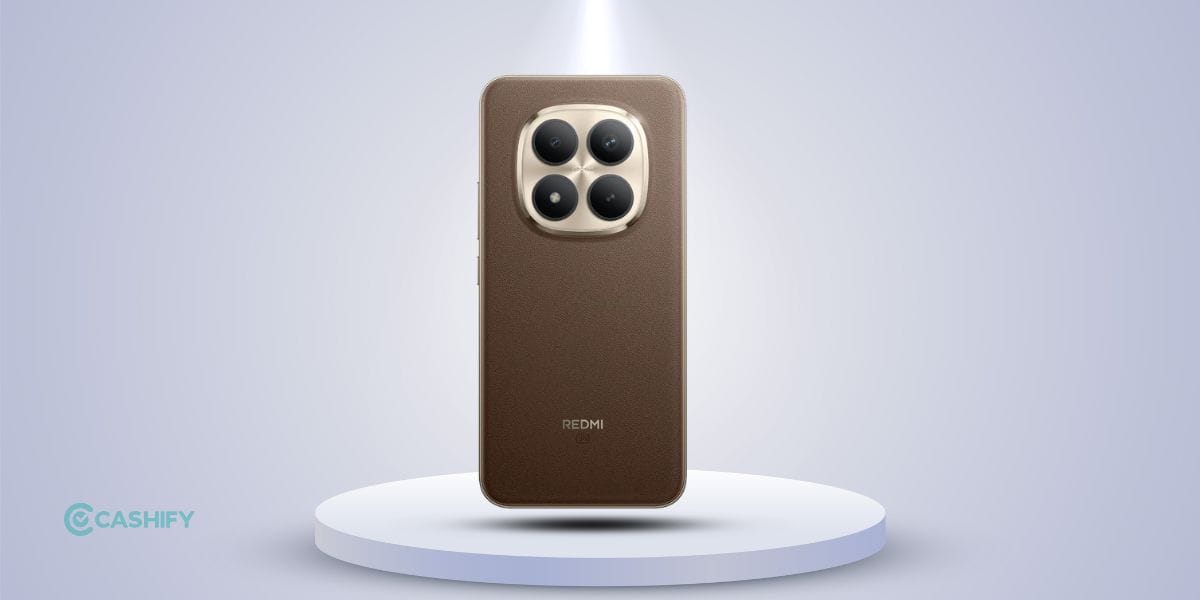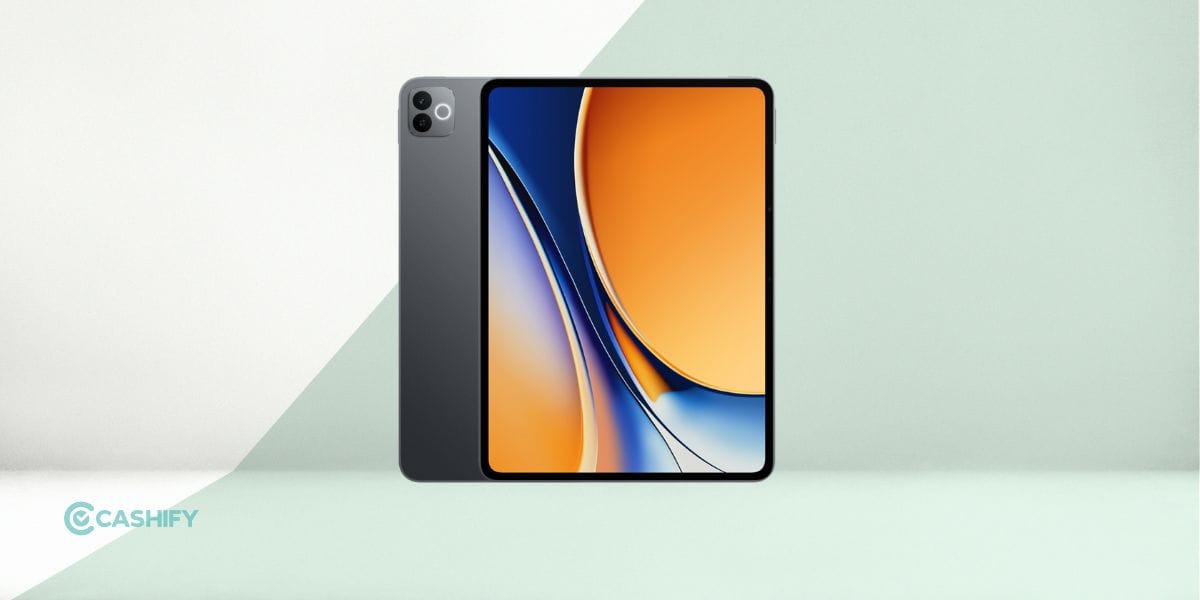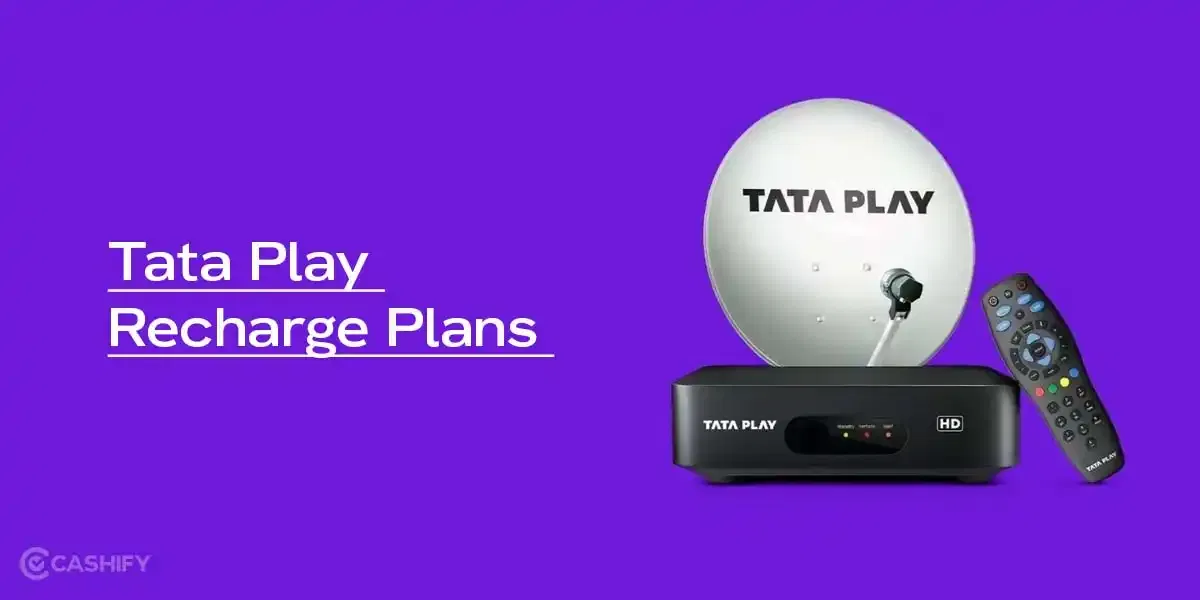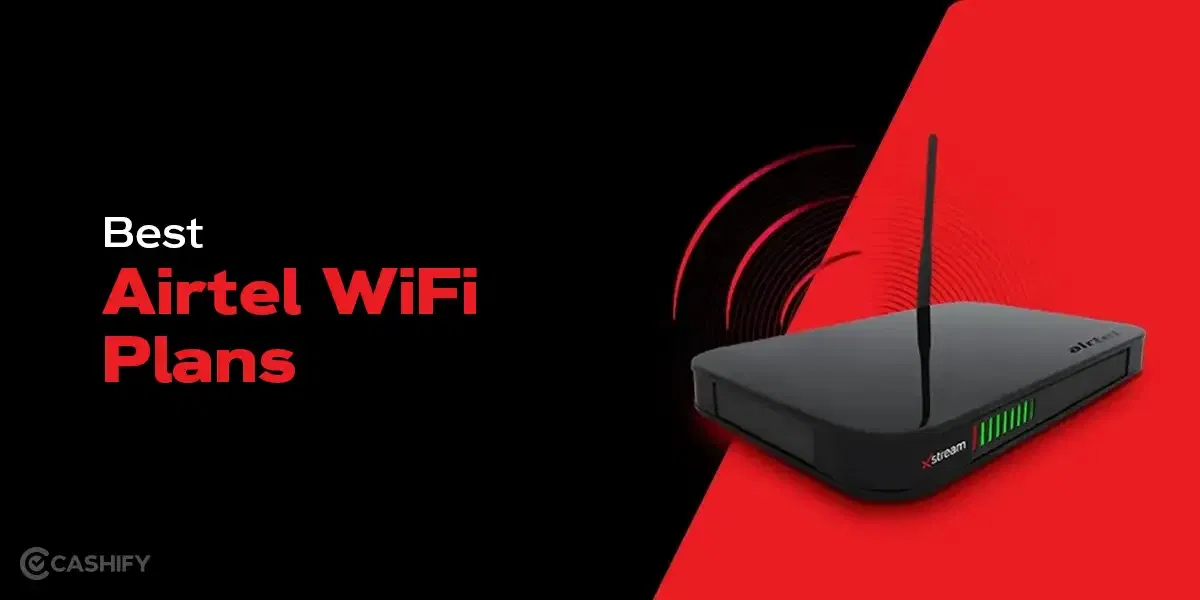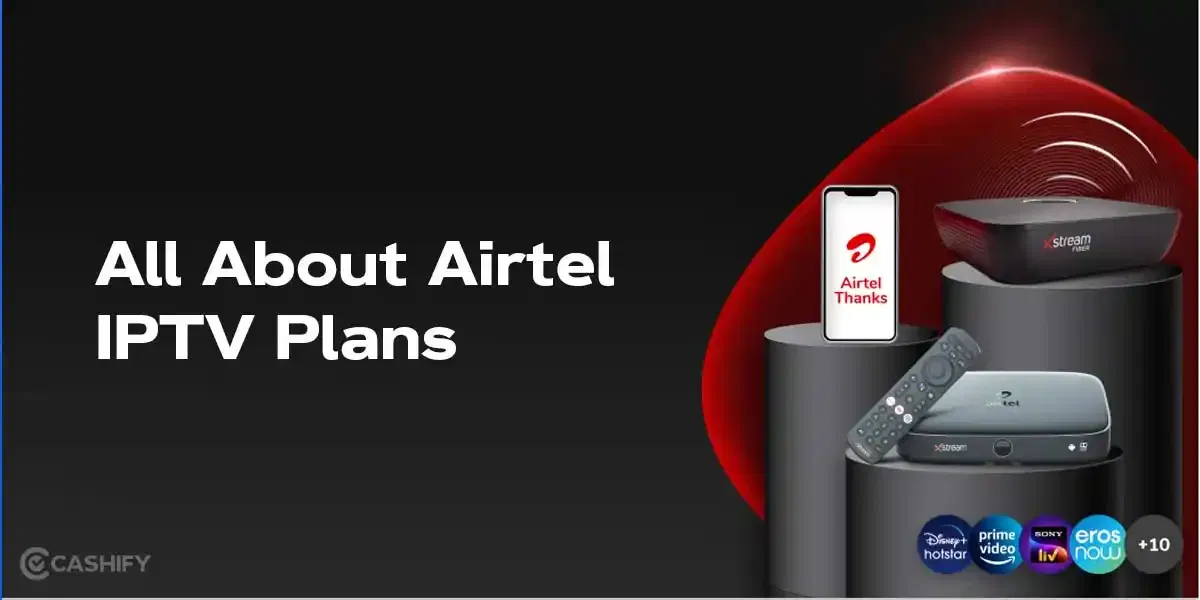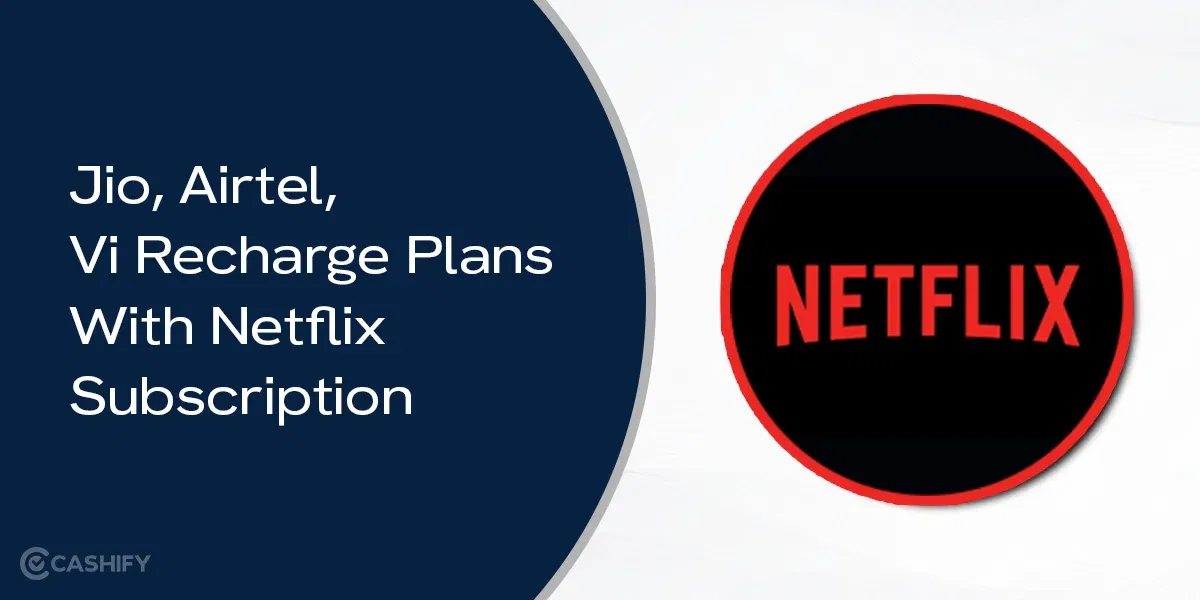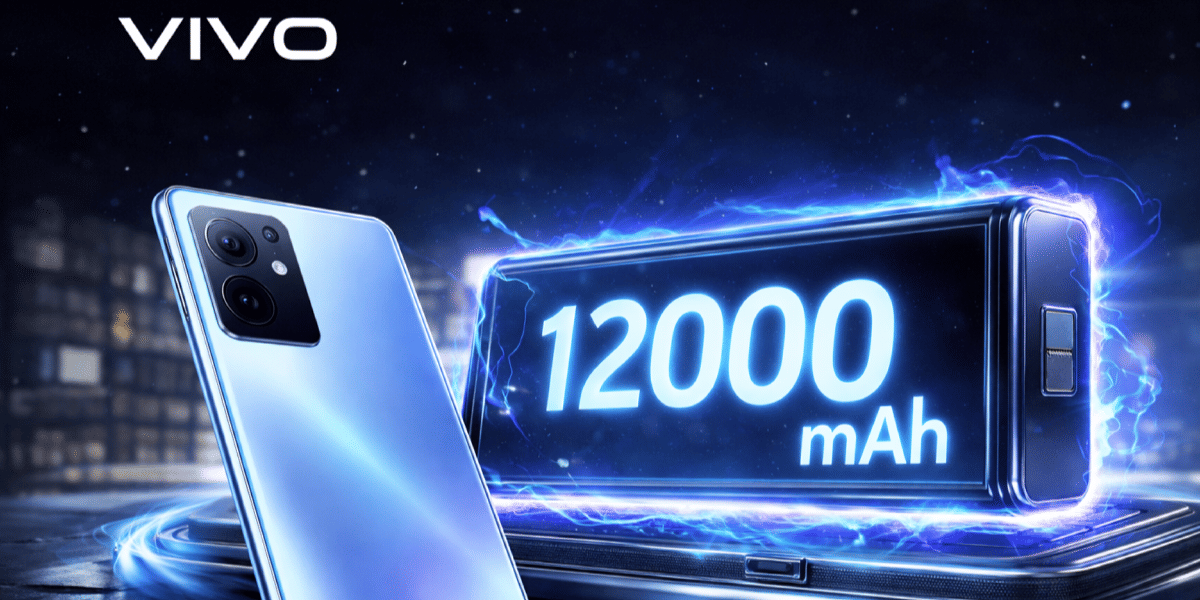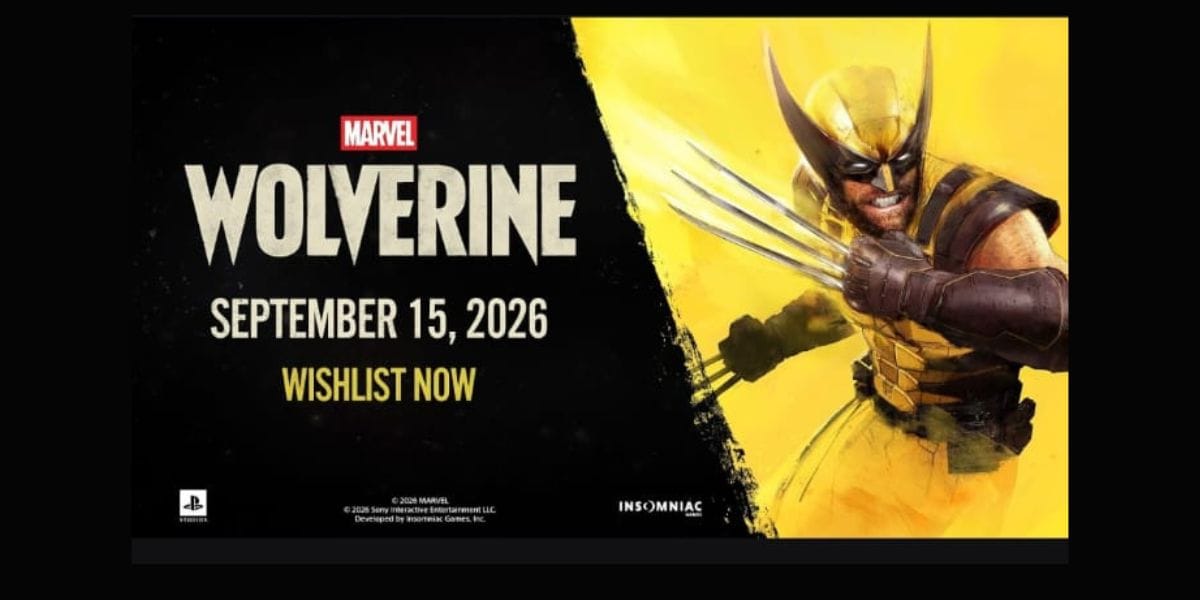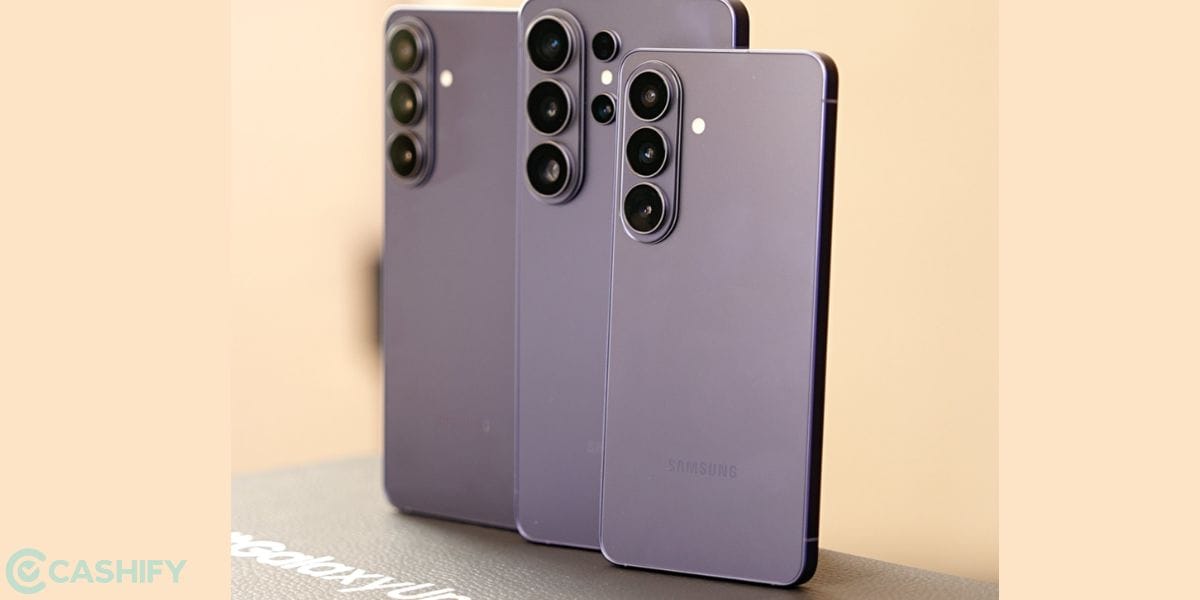Have you ever wondered what goes behind your black screen or how Netflix works? I mean technically. I know you are busy with your Netflix and Chill routine; yeah! Don’t worry; if you want to know the exciting part that goes behind the Netflix mirror, then I’m here. I mean, literally, I’m behind this screen. Jokes parts, we all know the Netlfix has some of the best shows and movies in the streaming business, but how does it efficiently manage this level of content, production and most importantly, seamless streaming. How exactly does Netflix work? Let’s see.
Also Read: Best Quick Reply Messages For WhatsApp Business You Can Send
History of Netflix
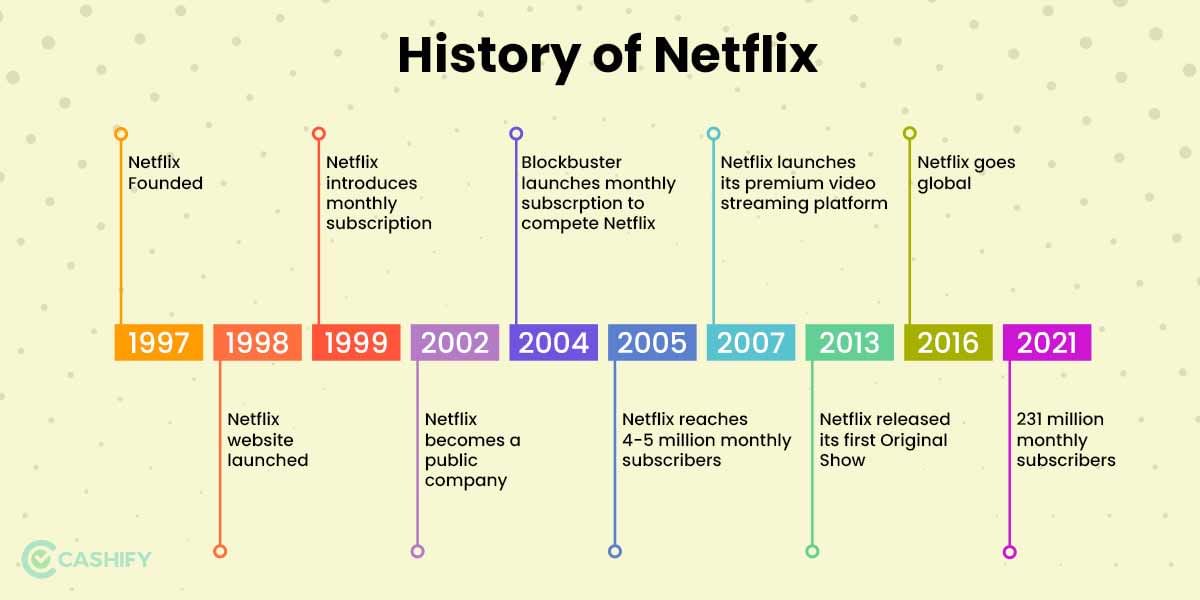
Let’s begin from the beginning itself. Netflix was founded by Reed Hastings and Marc Randolph in 1997; in those early days, Netflix was nothing but a DVD distribution service like Blockbuster. You could order from its platform, and you’ll get your favourite movies delivered to your doorstep. In 1998, Netflix launched its website, and it had somewhere around 925 titles for rental services, and that’s how it worked for most years. This model was successful; however, later on, they realised in order to keep the customers, they must provide an affordable option. So, in 1999 Netflix introduced its monthly subscription service, which offered all of its content in just a tiny package.
Also Read: How To Sideload Any App On Amazon FireStick? Quick Guide
Netflix and Blockbuster
Surprisingly, in 2000, Netflix offered itself to Blockbuster for acquisition for a mere $50 million, and guess what, Blockbuster denied it. Obviously, Netflix was not as strong as it is now. So in 2002, Netlfix became public, launched its IPO and sold 5.5 million shares at just $15 per share. Damn, we could have been rich!
Yes, with this IPO, Netflix brought $82.5 million on the table, and this helped Netflix expand its fingers deeper. And because Netflix offered a monthly subscription plan, Blockbuster was left behind, so it launched its unlimited DVD rental service to compete with Netflix back in 2004. Finally, however, Netflix reached 4-5 million monthly subscribers by the end of 2005, and this was the game-changer.
The Launch of Netflix Streaming service
The tech market was booming, and people were shifting to the Internet, and for the entertainment industry, there was a considerable gap, obviously because, in 2005, YouTube was launched as a free video streaming platform. This was a completely new concept, and literally, every kind of video was available on YouTube back then. You know what I’m saying.
Also Read: Top 25 Intelligently Designed Siri Shortcuts and Commands: A Listicle
So, in 2007 Netflix moved from its original concept of delivering DVDs to a completely new subscription-based movie streaming service, and the rest is history. In 2013, Netflix launched its first original series, House of Cards, Hemlock Grove, and Orange Is the New Black. And by 2016, Netflix was available worldwide. Currently, Netflix has a market value of $231billion and has 214 million subscribers; that’s like a population of an entire country.
However, out of all these years, Netflix has managed to stay on top of its game, not just in business but in tech as well. So, How exactly does Netflix work?
How does Netflix work?
Did you know that Netflix uses 1/3 of the Internet in terms of traffic? That’s not huge; that’s humongous. And it has been all possible by just one thing; CDN (Content Delivery Network). That’s the secret of Netflix working.
What is a CDN (Content Delivery Network)?

A CDN is not like a centralised server; it is a little different. A server is generally sitting in a certain location, and from there, you’re streaming your content; it could be anything, even a website. And because they are situated in certain locations, you won’t be able to get enough speed from the corner of the world, resulting in buffering and high latency.
Also Read: How To Install Netflix on TataSky Binge Plus: An Easy Guide
A CDN is a device that is used as distributed networking equipment from which you can stream any content at lower latency. Simply speaking, these are small servers sitting at multiple locations.
The problem with Centralised server

In general, video streaming requires basically two things, a good internet connection to download the content and a good server to upload the content. Both of them have to work at their best in order for you to have a smooth, buffer-free experience. If the server has too many downstream requests, it will automatically create buffering issues while watching any content because, in the end, each server has a technical limitation.
Also Read: Best Free Website To Download Movies And Watch Legally 2021
Another problem with servers is that they are sitting at a dedicated location, which means that the content you’re watching might be getting streamed from a server sitting in Russia or California. And because there are multiple nodes in this network, there will be many upside and downside pings, resulting in high latency. Ask gamers what is high latency.
In simple terms, high latency means that the delivery of each data packet will be delayed than expected, and eventually, it will result in buffering and quality issues. I mean, I would not like to watch a movie in 3GP format. But I’m just being honest.
The other problem is that if, in any case, the server stops responding for any reason, then all the downstream traffic will be cut off, and you’ll be left with nothing but ashes and dust. But, of course, I’m just kidding here. Basically, I’m trying to say that if the server stops, you won’t be able to stream anything.
Also Read: Best Resume Maker Apps in India
The benefit of CDN
CDN comes with various benefits, so let’s break them down.
Distributed Networking-
Since each CDN is sitting in a different location and is simultaneously in sync with each other. It creates a large pool of networking servers and can easily stream millions of high-quality videos at once.
No Server down issue-
Because there are multiple CDN, and each has a backup server. If one server goes down, somehow the other one fills the gap, which will never create any kind of server down problem.
Also Read: How to Download & Play Free Fire MAX on PC?
Netflix Loves CDN
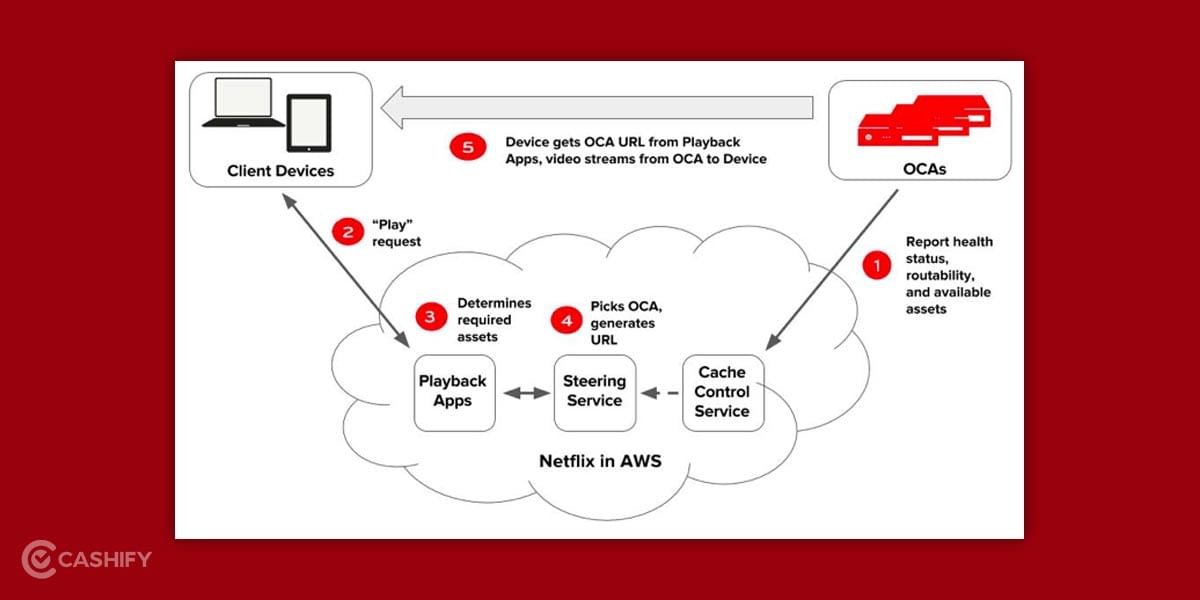
I mean it! Netflix is down with CDN like no other streaming platform. They are a step further in the business of streaming. They team up with ISP (Internet service provider) and install their in-house servers directly to their data centre; these are called Open Connect Appliance (OCA). That’s how Netflix work.
Also Read: Top 5 Dark Web Browser for Anonymous Browsing
This OCA holds up to 280TB of video streaming data and comes preloaded with the entire Netflix library. In technical specs, one OCA can stream content at 90gbps, roughly around 10000 people streaming an HD movie at once, and if that’s not enough, Netflix can easily install more OCA for a larger ISP. This basically means that when you’re ready to watch that Stranger things episode, you’re not watching it from a faraway server but directly from your ISP without any buffering.
However, there is a catch. These OCAs are only equipped to stream videos, which means all that other data like browsing, account information, watch list, likes and dislikes. Everything else is getting stored at a centralised server. In particular, Netflix uses the Amazon web service (AWS) to handle all the information that OCAs can’t.
Also Read: ESPN Plus: Is It Worth It, Pricing, What It Includes, And More!
Ta-dum
So, that was all about Netflix, and how does it work? Sure, there are so many technical details that I missed out on, and it’s because… let’s not get into that boring stuff. But, Netflix is an amazing video streaming platform, and the tech they are using to make sure their business stands at the top is also as amazing as Netflix itself. What’s more, in this billion-dollar empire of streaming, we’ll see as time goes by.
Also Read: 15 Secret Spotify Tips And Tricks We Bet You Didn’t Know About
Lose your old phone and gain something. Sell phone online, or recycle old phone! Cashify delivers a quick sale and eco-friendly recycling.




